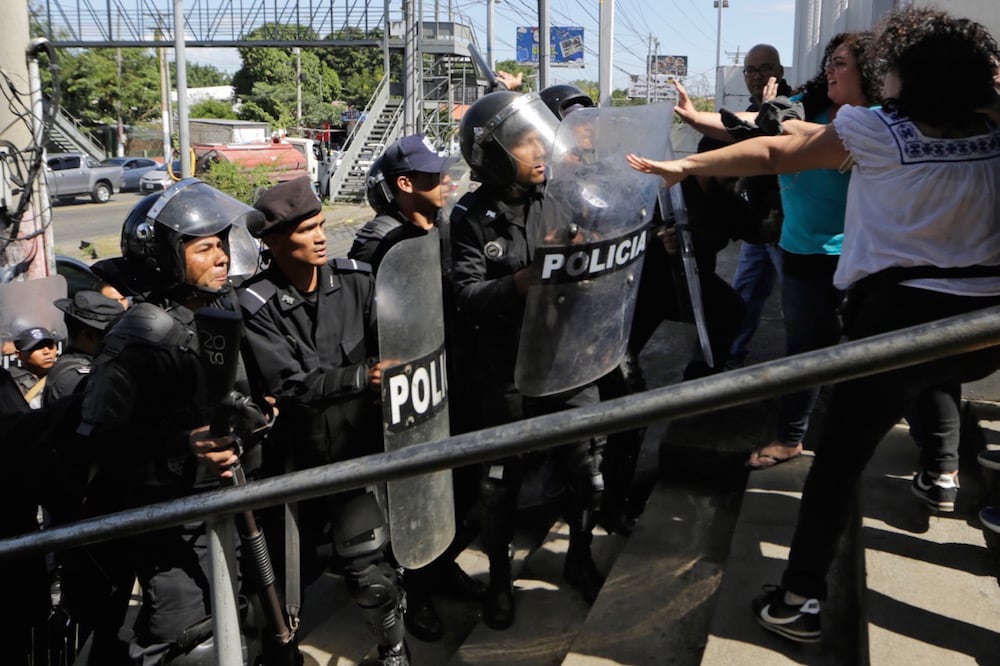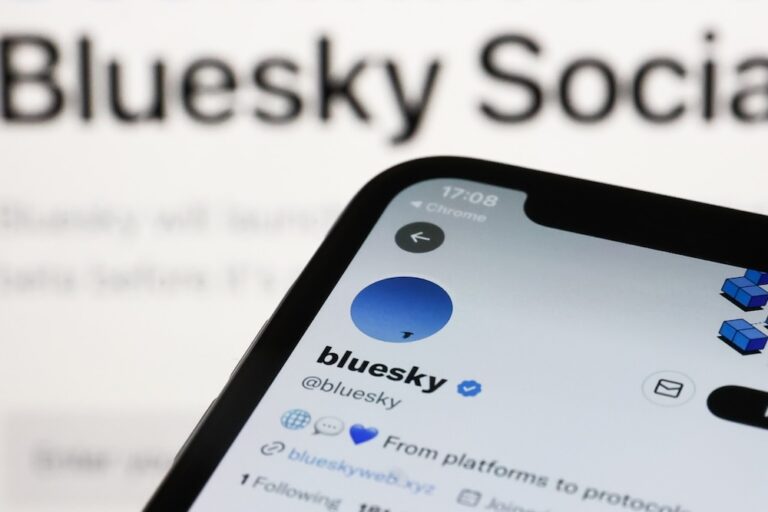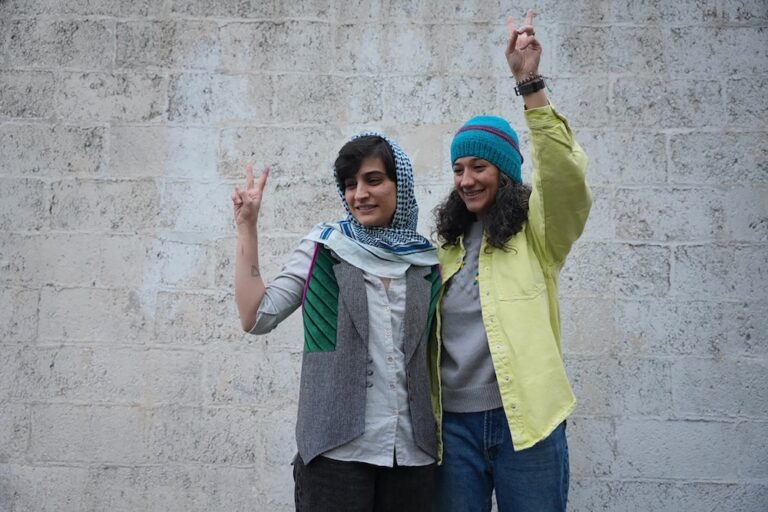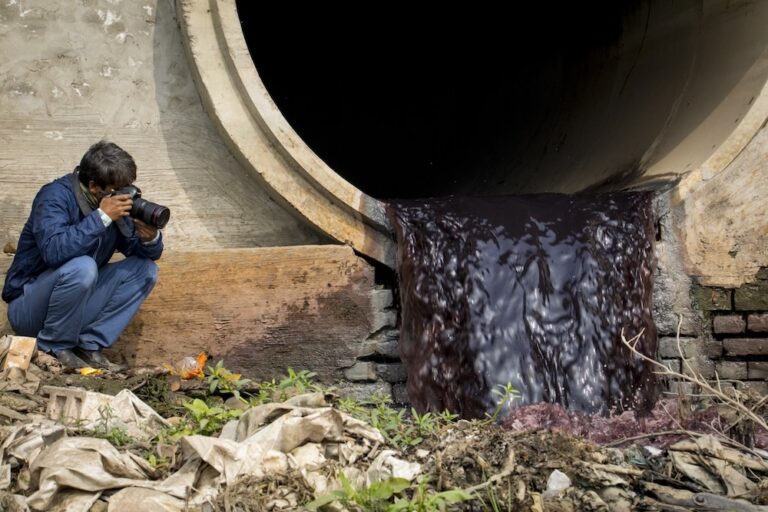IFEX Deputy Executive Director Rachael Kay delivered a presentation on the situation of human rights defenders, journalists, and media organisations to the Canadian House of Commons Subcommittee on International Human Rights.
28 March 2022
First of all, thank you Honorable Members for this opportunity.
I am here tonight on behalf of IFEX, a global network of groups defending freedom of expression and information in all its forms. Our aim is to increasingly leverage this work in the form of press freedom, access to information and safety and justice for journalists, among other rights.
Like everyone, we see the expansion of authoritarianism in all its forms. Information is being weaponized in ways that has a profound impact on people and is creating a kind of information chaos. In our network alone, we’ve seen how misuse of access to information legislation, internet shutdowns, misinformation, attacks on media and of course the murder of journalists is becoming routine. When those targeted directly with online disinformation and smear campaigns are women, the form the attacks take is usually gendered and often results in self-censorship.
The aim is to silence these voices, and it is doing just that.
We can see this played out in the current context. Immediate action is required in the most urgent situations, Ukraine/Russia, Afghanistan, Belarus, Ethiopia, Myanmar, Nicaragua and Sudan, just to name a few. It is imperative that coordinated systems of emergency support for journalists at risk and their families are created, something where we see Canada is already moving in the right direction. But we must continue to increase our effectiveness.
And to be effective, these systems should include providing emergency visas that have simple and secure methods of submission and, in the absence of such, they must expedite the processing of visas for journalists and their families, as well as ensure safe passage. Key to the success of any intervention is effective coordination with local and international civil society organisations working to protect and evacuate journalists.
We see that media freedom has never been more crucial. Democracies cannot survive and flourish without free, independent and pluralistic media. We need to reverse engineer the current branding of the media as fake news and the enemy of the people as normal. It has been the lexicon adopted around the world – language mimicked and acted upon that includes continued verbal and physical attacks on the media with total impunity. This has had a profound impact on press freedom and journalists in particular. And be sure, no country, including Canada, is exempt from this trend.
The narrative needs to be countered forcefully with words and actions. Outside of intervening in urgent situations, the government must play a significant, ongoing role in reinforcing the need for press freedom and respect for journalists in its own national context.
There is also the need for accountability. The criminalisation of journalism and abuse of law by state actors has to end and we call on multilateral relationships and institutions to ensure that those who attack the media face real consequences for their actions – otherwise attacks against the press will continue to escalate and any standards championed by Canada will remain empty.
Within these relationships, Canada must be visible by being connected and committed to international mechanisms. Engage in coalitions, fund and acknowledge the benefit of international institutions in upholding press freedom, and be present and vocal in support of their efforts.
Canada’s leadership as co-chair of the Media Freedom Coalition and current chair of the Freedom Online Coalition, as well as the Community of Democracy Working Group on Enabling and Protecting Civil Society, are already very positive and welcomed examples of this.
At IFEX our network of over 100 member organisations in more than 70 countries actively advocate for freedom of expression and information as a fundamental human right – many do so in very dangerous circumstances. The targeted repression of press freedom advocates and journalists, and attacks on communities and institutions, see accepted norms being increasingly undermined and weakened.
We have been called on to do more direct support for our members, across all regions, who find themselves increasingly under attack by authoritarian states focused on shutting down the voices of civil society and threatening dissent at any price.
Organisations whose offices and staff are targeted and harassed with no other aim but closure and erasure need to be supported, funded and engaged with – because these are the voices that call for accountability and if these voices are shuttered it will leave a vacuum for democracy.
We know these issues are complex. IFEX’s members and allies around the world have been working on them, doing grassroots advocacy, publishing reports, indexes and offering solutions and campaigning for years. They are a rich pool of knowledge that could inform Canada’s policies and discussions with nuance and a national and global perspective. As part of your efforts in focusing on press freedom we would welcome being a conduit to these sources.
Governments and civil society groups need to continue to find ways to collaborate, to be at the table together.
Thank you
N.B. The above presentation was delivered by IFEX Deputy Executive Director Rachael Kay to the Canadian House of Commons Subcommittee on International Human Rights. Other organisations and individuals presenting were:
As an individual:
- Nazanin Boniadi, Actress and Ambassador, Amnesty International United-Kingdom
- Matthew Leung, Former Reporter, Ming Pao Daily, Hong Kong
Rappler
- Maria Ressa, Chief Executive Officer and President
Journalists for Human Rights
- Rachel Pulfer, Executive Director
Raoul Wallenberg Centre for Human Rights
- Judith Abitan, Executive Director
The Committee for Freedom in Hong Kong
- Mark Clifford, President



